Taking a web series regional is a fairly complicated process: Nikhil Madhok
Hotstar Specials has announced the launch of its next show – ‘Hostages’. The series marks the digital debut of Sudhir Mishra, one of Bollywood’s most revered film makers. ‘Hostages’ has been created and produced by Applause Entertainment & Banijay Asia.
A crime thriller at its core, the story revolves around the life of a renowned surgeon, who is ordered to assassinate the chief minister in exchange for the survival of her family. With relatable characters and nuanced storytelling, ‘Hostages’ evokes the many dilemmas that one can face in a tough situation. ‘Hostages’ will be streaming from May 31, 2019 and will be available in 7 Indian languages on Hotstar VIP.
Hotstar in the past two years has grown by leaps and bounds, gaining huge traction through the live telecast of IPL. In the month of April 2019, Hotstar saw its users swell from 150 million to 300 million. Other sports are also being telecast live, but in this country Cricket is the king of sports. As data is cheap now, thanks to the advent of Jio, the reach of digital has crossed the boundaries of urban and rural.
Read more: Hotstar launches MS Dhoni – Roar of the Lion
Hotstar Special 3 Series have also done well for them. This is the 4th Series for Hotstar. The first was ‘Roar of the Lion’, a Docu Drama; followed by ‘Criminal Justice’, an adapted show; ‘City of Dreams’; and now ‘Hostages’, which is adapted from an Israeli show.
Following the integration with Disney, Hotstar will be streaming content from Disney+. The modalities of making Disney+ content available in India is being worked out.
Adgully spoke to Nikhil Madhok – EVP & Head, Hotstar Original Content, on the latest offering from Hotstar Specials, challenges in taking an adapted show to the regional markets, and more. Excerpts:
Why did you decide on doing an adaptation instead of an original story for your new web series?
It’s a first of its kind and if you look at our line-up, there is a mix of adaptations and originals like ‘Roar the Lion’, ‘City of Dreams’, which are originals, whereas ‘Criminal Justice’ is an adaptation. The logic for us was that because the consumption of English content in our country is so small, in order to make the story relevant for the larger part of the country, we would have to do it in local languages with local actors, etc. Then it would feel like a fresh story. For instance, Salman Khan’s upcoming film ‘Bharat’ is the remake of a Korean film, but it has been put together for the Indian audience. That was the thought for this adaptation as well.
Are you looking at languages other than Hindi?
We will be dubbing ‘Hostages in six other languages – all four South Indian languages, along with Bengali and Marathi.
How challenging is it to adapt a story to be India-centric?
We do struggle with a lot of formats, which are not taken forward because they do not work in the Indian context. There are some very interesting Israeli formats and we do face some challenges where some of them won’t turn out as expected after translation for India, but ‘Hostages’ did because at the end of the day, it is a very universal story about a doctor who faces this dilemma of whether or not she should kill an innocent government official – be it a PM, CM or anyone. This story is very universal indeed and was also remade in the US.
Do you think that the Indian audience is ready to accept such formats?
In the character space, because we are dealing with the audience referring to a lot of content through their mobiles for individual consumption, we find that a lot of these shows find their audience. It may not be something that everybody will love, but a certain section of the people will like it, while some also people will gravitate and discover the show on Hotstar, which is a big platform. As more and more people talk about the show, it will help in expanding the viewership reach.
I think as far as regulation is concerned, Hotstar has anyways signed for self-regulation along with other OTT platforms. Thus, In ‘Hostages’ you will see that in certain situations or scenes the language spoken is locally used by the people, but it won’t be in such a way that it will make you uncomfortable. It’s a thriller, using a few words here and there. Also, visually what you will see on screen is quite clean, very massy and very compelling actually.
Could you tell us more about ‘Hostages’?
It’s a 10-episode series. The show launches on May 31 during the ICC Cricket World Cup. There are two things that are going to stand out – firstly, we are launching this show when the World Cup will be live on Hotstar. At that time, Hotstar will definitely see a huge amount of traction, which will help us promote the show and reach out to many people. Secondly, Ronit Roy appears on shows aired on Star Plus, therefore, this we will be integrating this web series into lot of our Star Plus shows. For many years it has been felt that the GEC audience is different from the OTT audience. But our feeling is that this is the kind of show that will attract a lot of the GEC audience because it features a star like Ronit Roy and they will gravitate towards the series. These are the biggest promotional strategies, along with outdoor and radio promotions.
As the show is being dubbed in 6 different languages and not just in Hindi, all our promotions and marketing plans are national. Across the 6 markets, we will do Radio/ Outdoor and Print in the local languages.
What are the challenges in dubbing a series in regional languages? How do you keep the local nuances and sensibilities in mind?
It is a fairly complicated process. First, we get the script in Hindi, which is fairly robust. Every script is run through language experts who are able to translate and not merely transcribe it into literal translation but maintain the essence of the dialogue and then match this to the dialogue delivery, which is then edited and re-edited. The script then is modified to fit the essence, The most difficult part is the voice matching of the actors; for instance, if Pankaj Tripathi is speaking in Bengali, he should sound like him and the feel for the audience should be that he has actually spoken in Bengali. The 6 voices that we use should feel and sound like it’s actually Ronit Roy’s voice and you also make sure that in all the 6 languages the voice is in sync. It’s fairly complicated, but we have set up a process amongst language experts, script experts, and dubbing directors that we have set up in-house.





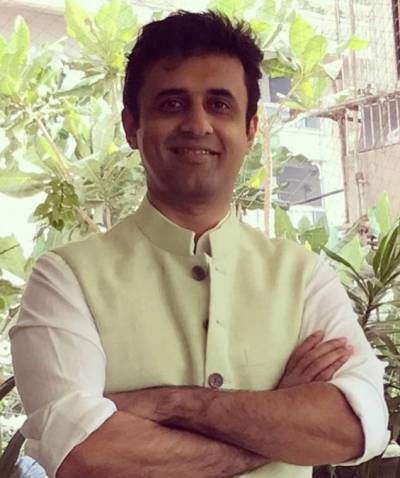
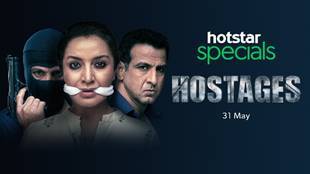
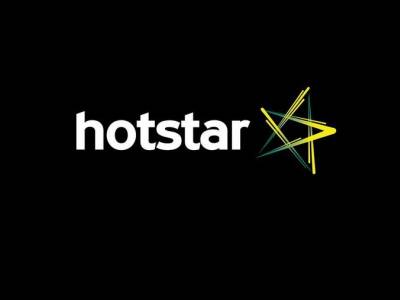





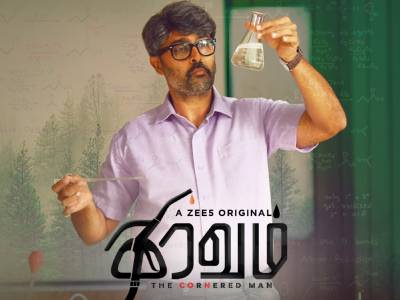

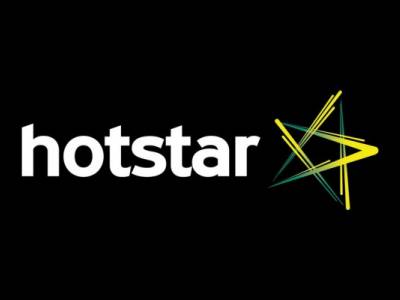



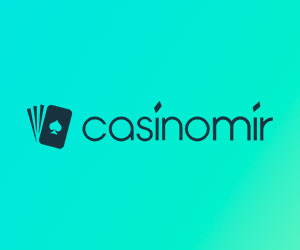

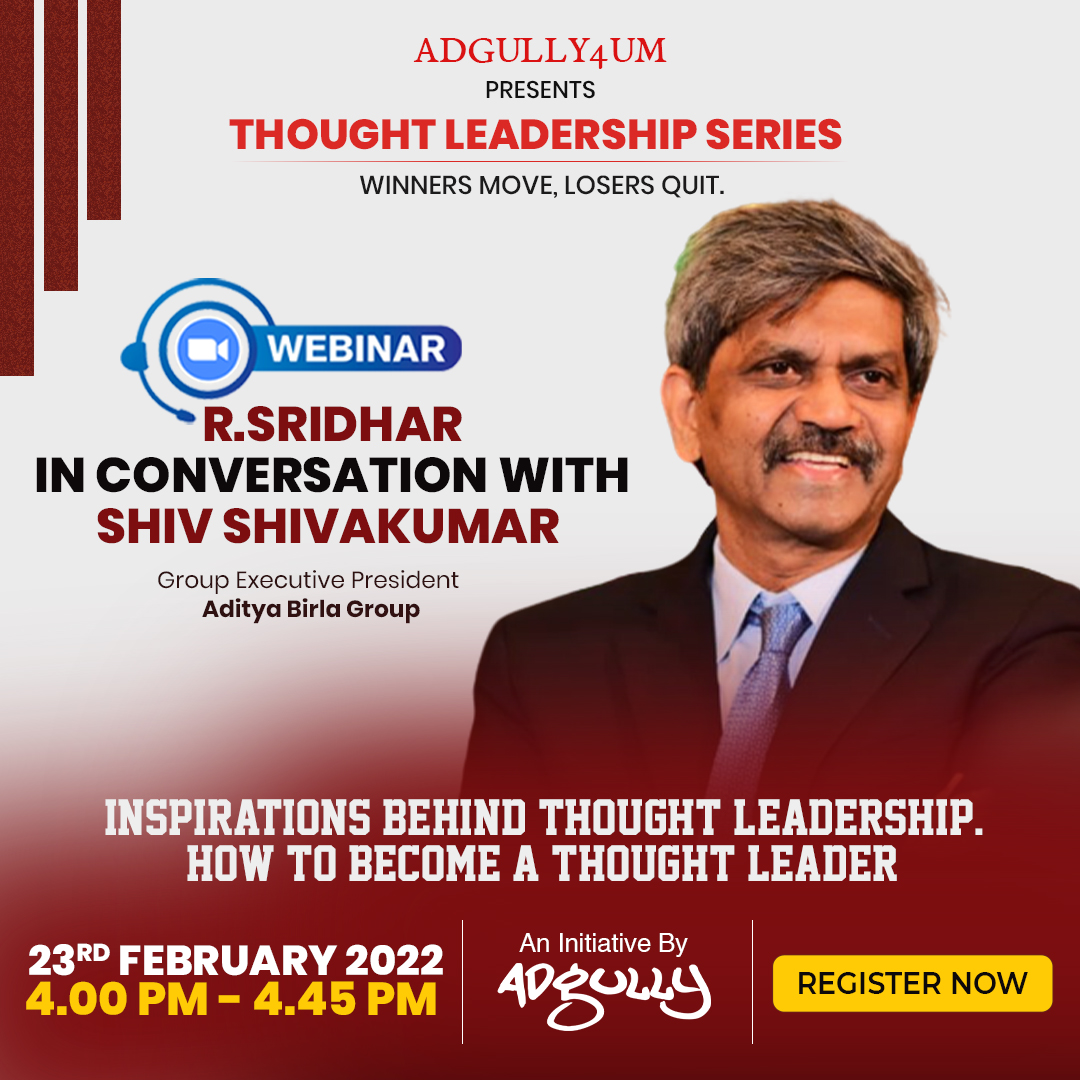
Share
Facebook
YouTube
Tweet
Twitter
LinkedIn